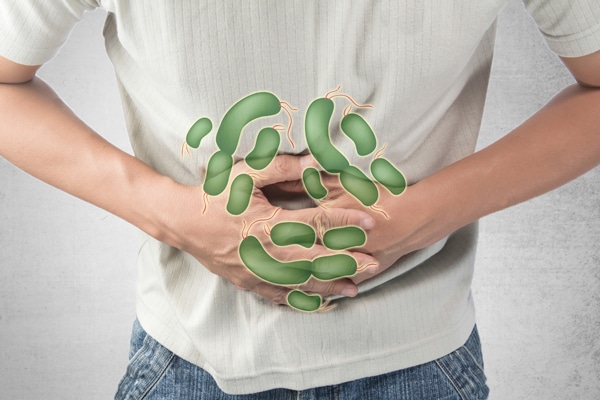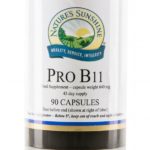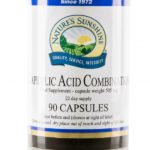I have to admit that I go through short periods where I fall into the habit of having a daily diet soda. It does seem a bit ridiculous that you can buy 500ml for £1.70 or choose the deal and buy 3500ml for £2.50.
I should probably avoid them entirely because they may have adverse effects on gut health and, through that, overall health too. However, six days per week I have a high fat, minimal carbohydrates diet and, if I’m not feeling like water, it is hard to find a flavoured beverage without sugar or artificial sweeteners. Similarly, after a lunch of sardine salad flavoured with some garlic granules and other spices, I’m sure my patients appreciate me popping a pieces of artificially sweetened gum in my mouth.

Studies published in 2015 demonstrated that artificial sweeteners change the gut microbiome both in mice and in a small group of persons. The mouse trial investigated saccharin, sucralose and aspartame. They saw that the sweeteners ramp up a biota of bacteria that are excellent at extracting energy from foods (especially glucose) and converting it to body adipose tissue.
These bacteria eventually changed gene expression which then upregulated fat storage and downregulated fat metabolism. Also, persons that consumed a bolbus of saccharin had a sudden change of the gut microbiome and had worse glucose tolerance. This demonstrates that the same process seen in the mouse model appears to cross over into people. This implies an ironic situation where persons who consume diet drinks may be changing their gut flora in a way that leads to them being as more obese, even though they have reduced their sugar calories and insulin spikes.
If we consider overall health, not just the changes in microbiome, artificial sweeteners have been associated with metabolic syndrome, coronary heart and other cardiovascular diseases. ♥
It is likely that the natural non-nutritive sweetener Stevia does not have these effects, given a 2016 study finding fat metabolism increases and some beneficial potential in obese rats. This implies that the body must process Stevia differently, however, it still may be worth still being cautious of it.
Mostly, there are not too many well conducted randomised controlled trials conducted on artificial and non-nutritive sweeteners, despite this debate going on for over 10 or 15 years, and I’m sure these discussions will continue till the proper, gold standard studies are published. In the meantime, I will keep hoping that we can move the conversation forward by firming up the details more.
For now, I will try to avoid the (oh so delicious) 








I do have practices that increase the amount of good microbiome in my gut, including:
- Eating fermented food like sauerkraut and other foods preserved in brine (salt water)
Be careful to check the ingredients of your commercially bought pickled products. Many have sugar as a preserver, including one of my favourites, red cabbage. Often different brands of the same products will be different, one may use sugar and the other won’t, so always check and get to know your brands. - Eating other fiber rich foods like cruciferous vegetables that feed and promote gut bacteria
In conclusion, the jury is still out on artificial sweeteners but it’s best to avoid them. If you have to go for sweetened products, go for Stevia. And either way, adopts practices that promote good gut microbiota like I’ve mentioned above.
Enjoy,
Scott
PS. If you took something away from this blog, please Share it with your friends via the social media links on the side, top and bottom of this page


